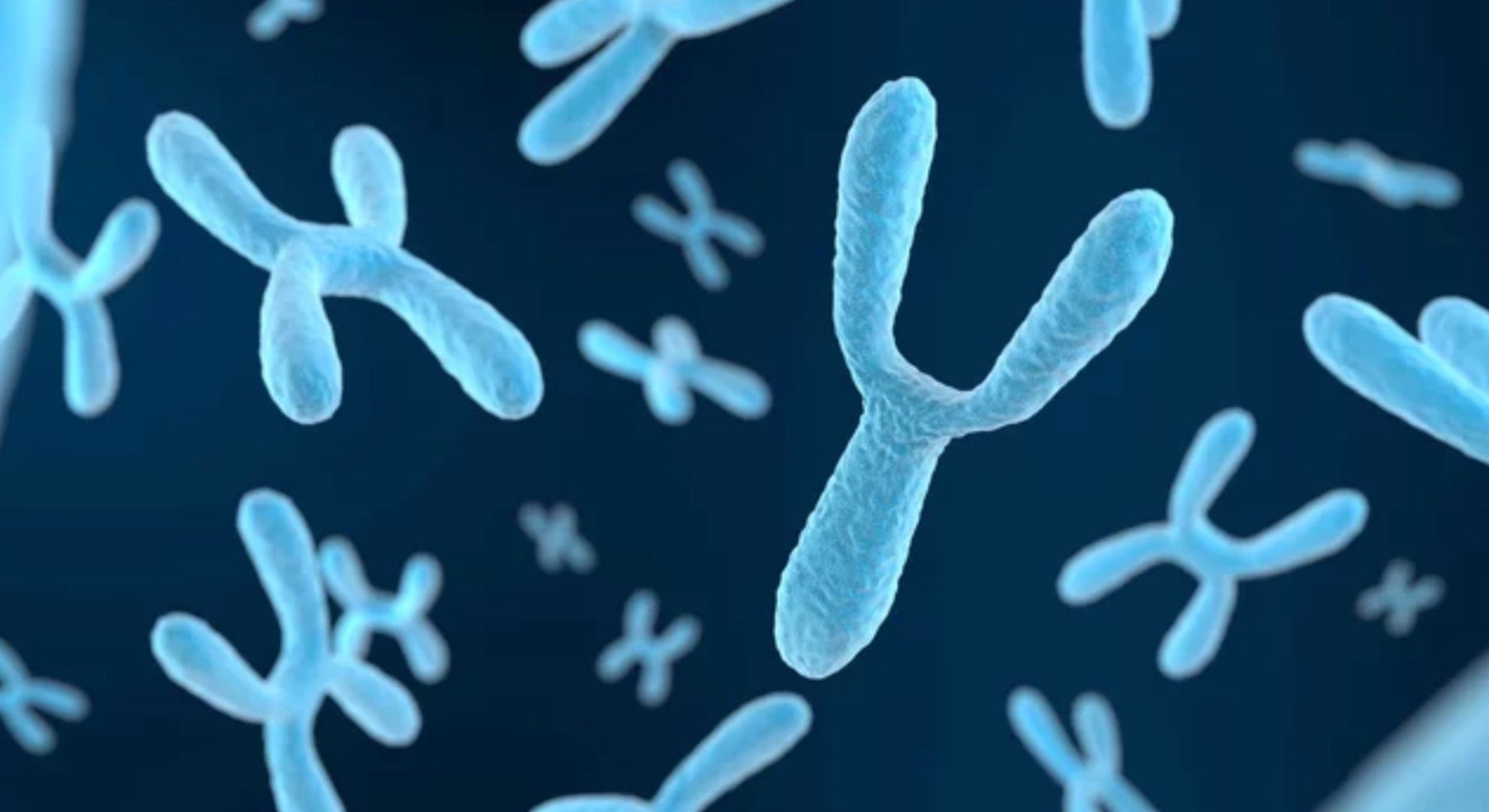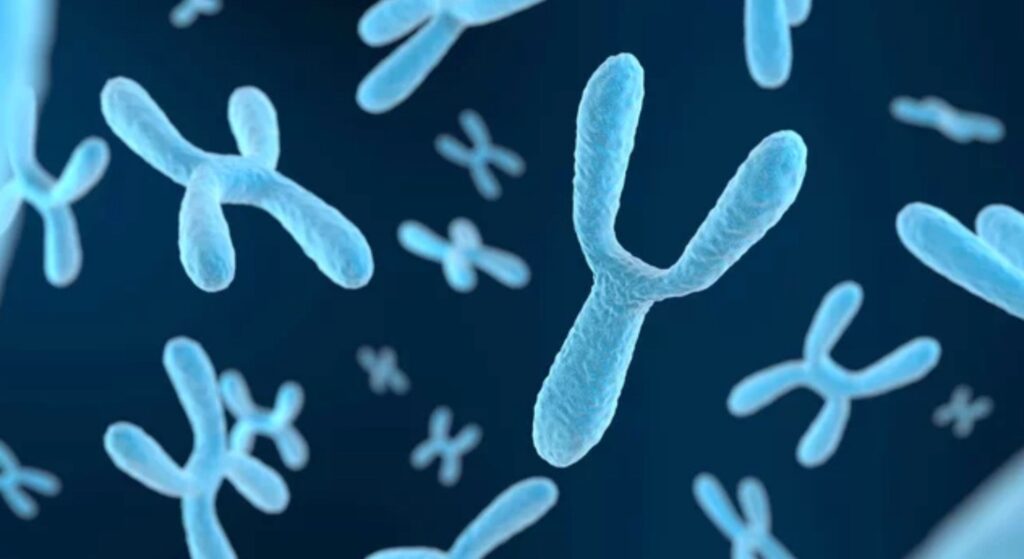A study has been making rounds on social media that has been alarming people online.
According to the findings, the Y chromosome is dwindling, which is primarily responsible for determining the male sex. This has sparked questions about the possibility that men could eventually go extinct.
The fundamental component of male biology is the Y chromosome. It carries the SRY gene, which initiates the development of traits specific to men, such as testicular formation and the production of masculine hormones.
Researchers are able to identify paternal lineage over generations because of this genetic marker, which is specific to males and is passed down virtually unmodified from father to son. Because of its consistency, it’s a useful tool for researching the origins and evolution of humans.
Not only does the chromosome impact sex determination, but it also affects male fertility. The Y chromosome has been gradually losing genetic material for the past 166 million years. It possessed nearly 900 genes at one point, but just 55 of those genes are functioning now. The Y chromosome gradually decays as a result of its inability to go through the same genetic mixing (recombination) as the other chromosomes, which causes this loss.
Concerns over the future of male sex determination have been raised by this reduction. A species’ demise is not always assured when the Y chromosome vanishes. Two rodent species that have already lost their Y chromosomes and are nonetheless thriving are the spiny rats of Japan and the mole voles of Eastern Europe. The genes that formerly resided on the Y chromosome have moved to different chromosomes in these rats, guaranteeing the continuance of male offspring.
There are consequences for the future of humanity if the Y chromosomes disappear. In contrast to certain reptiles that are capable of asexual reproduction, mammals, such as humans, need both sperm and eggs in order to reproduce. The existence of men, thus, the continuation of the human species could be in jeopardy if the Y chromosome disappeared without a replacement mechanism.
But there’s no need to worry just yet. Despite this information, the Y chromosome is still present and won’t disappear anytime soon.
Dr. (Col) Sandeep Karunakaran, Senior Consultant at Apollo Fertility, clarified that it would require millions of years for the Y chromosome to vanish entirely, with other chromosomes possibly assuming its role. Furthermore, a 2022 study on the Sry-deficient Amami spiny rat indicates that humans might develop a new gene for determining male sex, providing hope despite the Y chromosome’s reduction.
Other POP! stories you might like:
Women are at risk of dying early if they don’t have enough sexytime, new study claims
Research reveals why board games are beloved by people with autism
Newly discovered tiny arm bone reveals new insights into ancient ‘hobbits’
Aging happens in dramatic bursts at ages 44 and 60, new study reveals
15-year-old scientist develops skin cancer soap, wins ‘2024 Kid of the Year’




